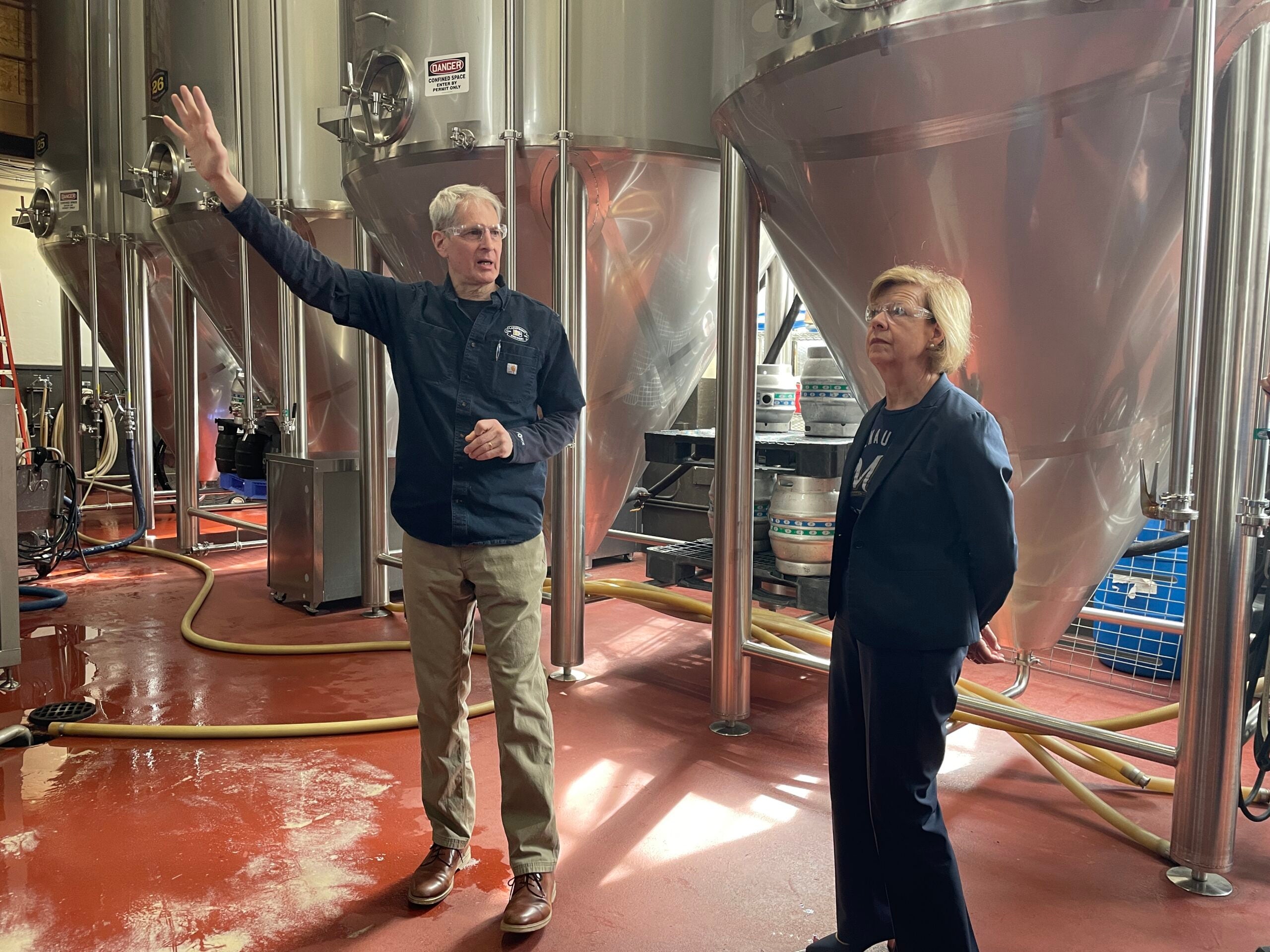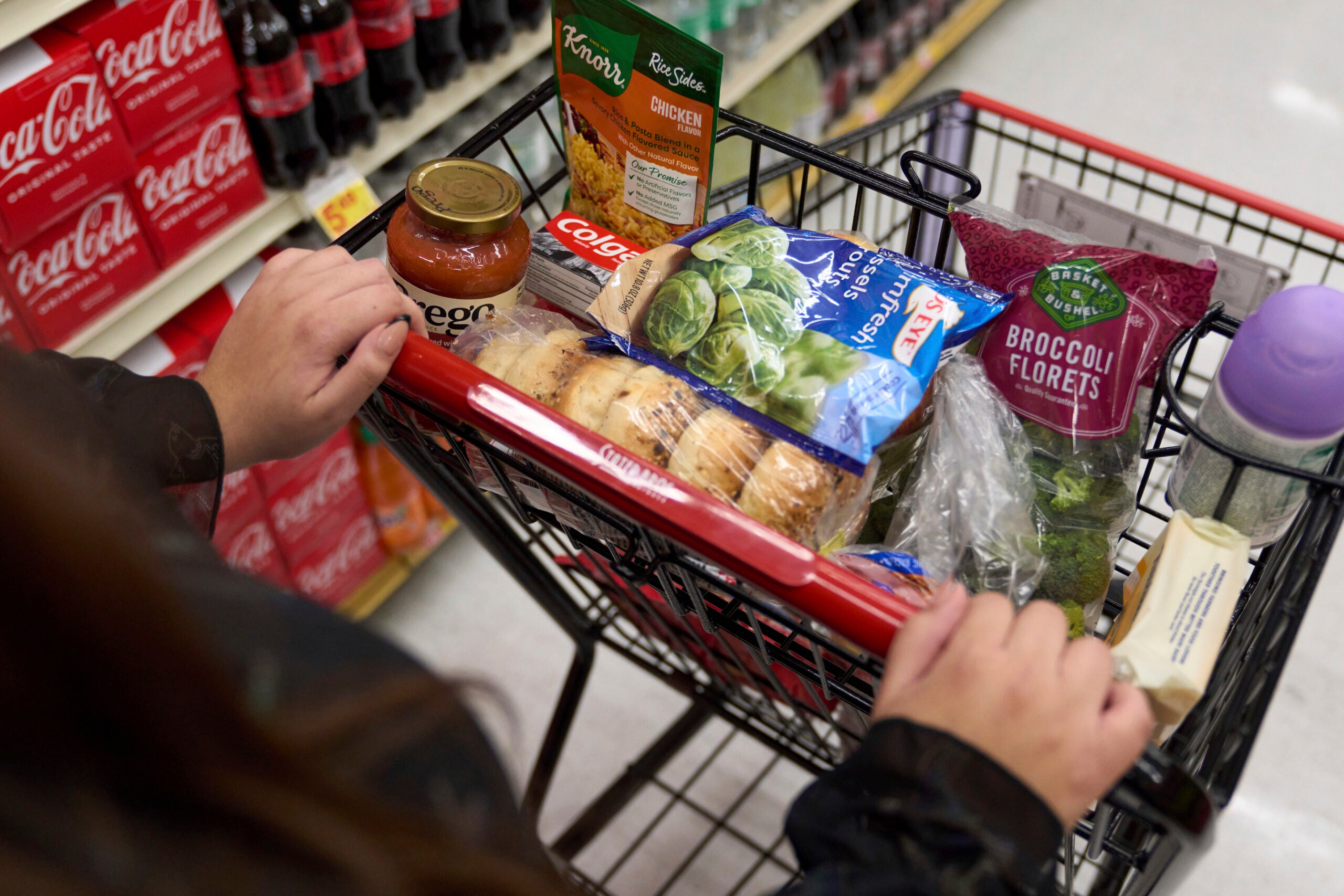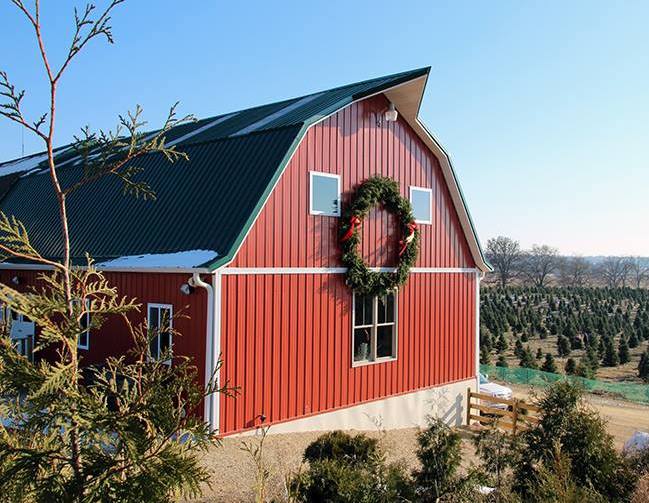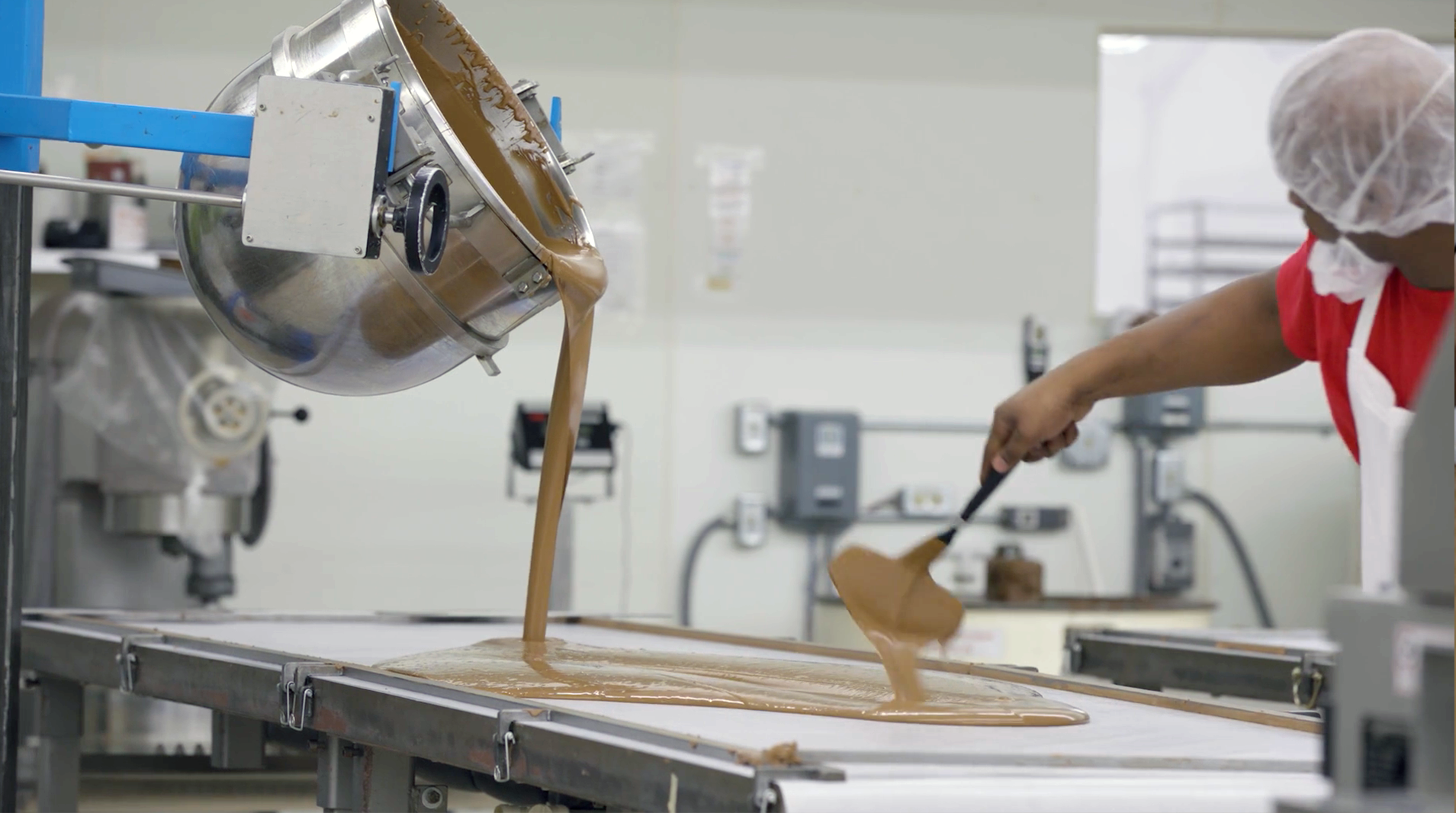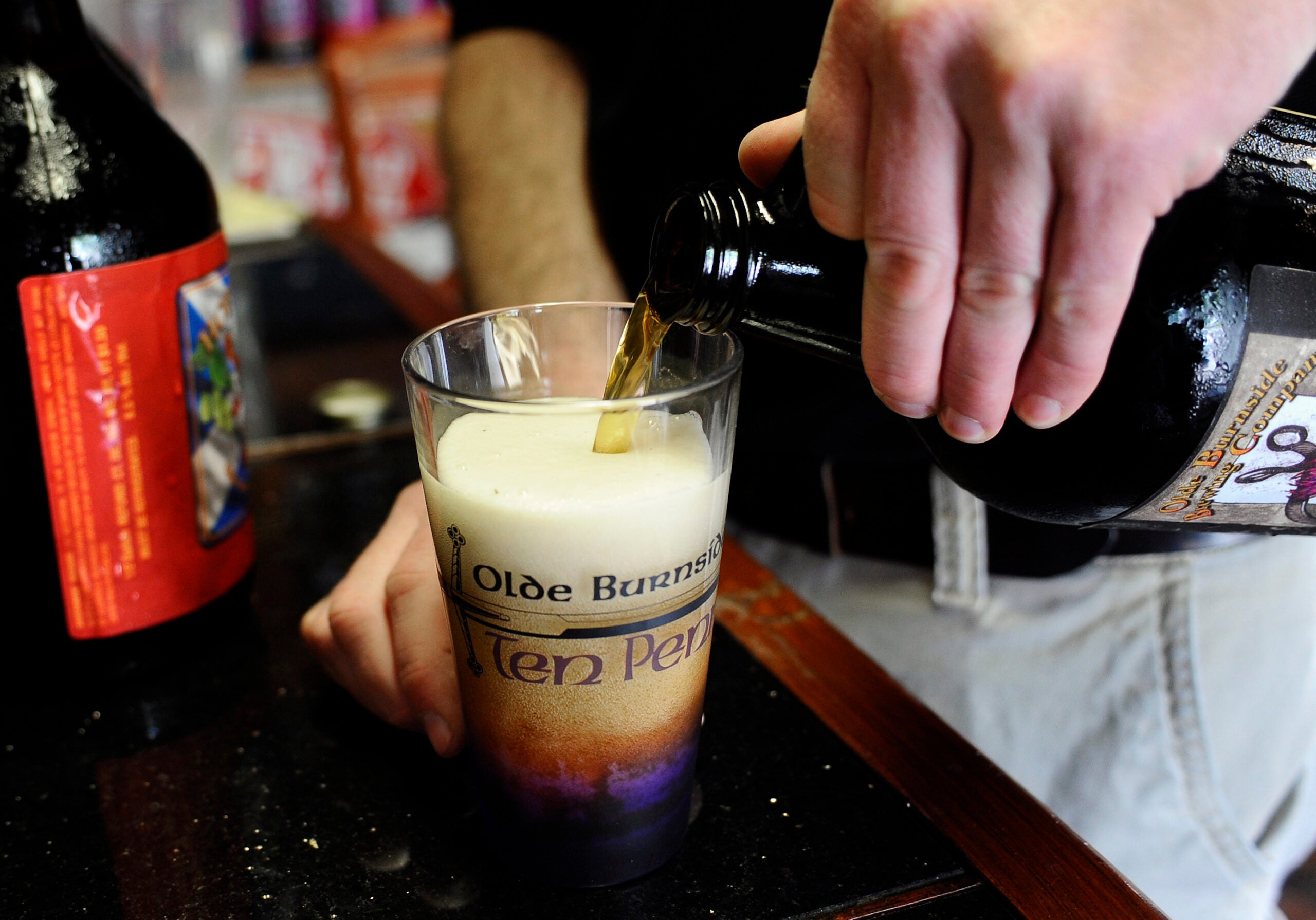A brewery on the banks of the Milwaukee River hosted a roundtable discussion between tool distributors, farmers, roofers, craft brewers and U.S. Sen. Tammy Baldwin on Monday.
Its topic was the Trump administration’s tariffs and how they have affected the business owners who gathered for the event at Lakefront Brewery.
Baldwin kicked off the discussion with her own views on President Donald Trump’s tariffs.
News with a little more humanity
WPR’s “Wisconsin Today” newsletter keeps you connected to the state you love without feeling overwhelmed. No paywall. No agenda. No corporate filter.
“There are countries that cheat,” she said, using the example of a country subsidizing an industry to send its cheap imports into the United States.
She argued there’s a “right way” and a “wrong way” to deal with such practices.
“You can go after that with a very targeted approach, whether that’s a tariff or some other penalty. I think that’s fair game,” she said. “But across the board with allies is just, in my mind, the wrong way to go about this.”
Trump’s universal 10 percent tariff on imports remains in place. And he has pushed tariff rates on China — the largest source of imports to the U.S. — past 100 percent.
But he has paused his “reciprocal” tariffs, which had put country-specific levies on imports from across the world.
“I think chaos is its own kind of tariff,” Baldwin said of that pause. “We need certainty to plan.”
She also claimed Trump was levying tariffs to cover the cost of “new tax cuts for billionaires and corporations.”
The White House said tariffs will address the U.S.’s trade imbalances. It claims those imbalances have led to “the hollowing out of our manufacturing base” and “rendered our defense-industrial base dependent on foreign adversaries.”
Roofer says work is dependent on imports
Jim McGuigan, a roofing contractor based in Brown Deer, met with Baldwin during the event. He said some of his key materials — like shingles — are produced in the U.S.
“But a good many of them, you just can’t get made in America,” he said.
He said “all” roofing nails are made in China. His underlayment materials come from India.
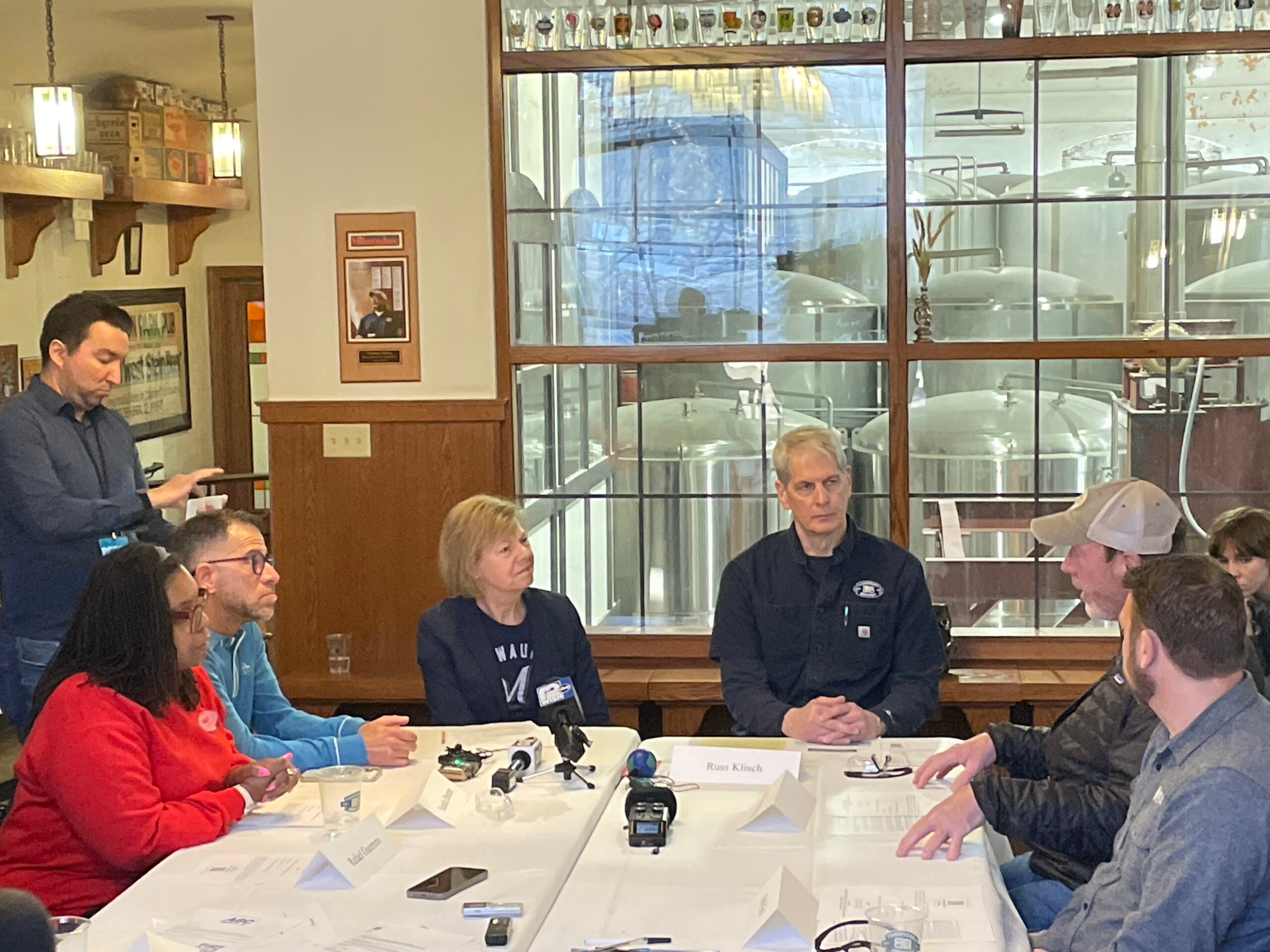
McGuigan said he bought ahead for the year when he heard tariffs were “on the horizon.”
“I went ahead and made a decision to buy pallet-loads or truckloads, and they’re chock-full in my warehouse right now,” he said.
But he said he’s afraid the economy “starting to slide” could make it a while before he can use those materials.
Craft brewer part of extensive supply chain
Just because a supplier is American doesn’t mean they can fully control prices, said Ryan Bandy, chief business officer at Indeed Brewing Company.
Under his contract with his aluminum can supplier, aluminum can prices are set by the rates on the London Metal Exchange, Bandy said.
“Since so much of their industry is international, they don’t really do business based on their own pricing,” he said.
Meanwhile, the price of tap handles has recently jumped 65 percent for Bandy’s brewery.
That’s despite his supplier making the handles in Seattle, he said.
“They only do certain types of manufacturing over there,” he said. “The bulk stuff they get, they may tool it or something.”
“Globalization is just kind of the fact now, that people get stuff from all over,” he added. “It’s not really up to us.”
Wisconsin Public Radio, © Copyright 2026, Board of Regents of the University of Wisconsin System and Wisconsin Educational Communications Board.

